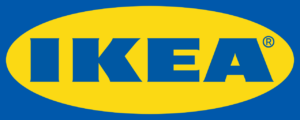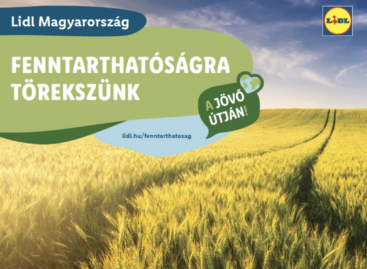IKEA fights for sustainability not only with its furniture, but also with its food
IKEA wants to become a climate-positive company by 2030, but for this it needs to produce more plant-based food.

In 2022, approximately 520 million guests tried IKEA’s food offering, which the furniture giant is constantly developing, with a focus on plant-based options that help it achieve its sustainability goals. IKEA recently published its 2022 Sustainability Report, in which it provides insight into the process at the end of which, by 2030, it can become a climate-positive company.
One of the main areas of IKEA’s sustainability plan is food production
In the food category, the company wants to achieve its climate goal by switching 50% of its bistro food selection to plant-based by 2025. It also aims to ensure that 80% of packaged meals are also plant-based within this time. IKEA estimates its carbon footprint at 25.8 million tons of CO2 in 2022, a 5 percent reduction from 2021 and a 12 percent reduction from the 2016 baseline. While this improvement can be attributed in part to factors such as reduced production and energy efficiency, the increased distribution of plant-based foods has also contributed to the reduction of the carbon footprint.
IKEA’s plant-based meals also serve sustainability, without compromise
IKEA has also been offering vegan food for some time. In 2015, it launched the first plant-based version of plant-based Swedish meatballs, which has since been slightly redesigned. Launched in 2020, the ‘vegetable ball’ – marketed as HUVUDROLL – was developed with sustainability in mind, producing just 4% of the carbon footprint of IKEA’s traditional Swedish meatball. The furniture giant’s food offer has also been expanded with additional new products, such as veggie hot dogs. In addition, the furniture chain pays a lot of attention to alternative alternatives to milk and milk products in the food it offers, of course, paying attention to ensure that this does not affect the flavors preferred by consumers.
Related news
The majority of Hungarians spend less than 50 thousand forints on Christmas gifts, sustainability is an important aspect, but not the primary one
Gift-giving is an essential holiday tradition, but what really matters…
Read more >Lidl has published its 3rd sustainability report
Lidl Hungary’s sustainability report for the 2022/2023 business years has…
Read more >ESG – about sustainability standards, from a legal perspective
Since December 2023 several pieces of legislation have been published…
Read more >Related news
Recognition of Consumer Protection Excellence: Honoring the Best of 2024
This year’s outstanding consumer protection officers and special award recipients…
Read more >The Joy of Giving! – SPAR stores collect non-perishable food for people in need
The Hungarian Maltese Charity Service and SPAR Hungary have launched…
Read more >KSH: industrial production decreased by 0.2 percent in October
In October, the volume of industrial production fell by 0.2…
Read more >








